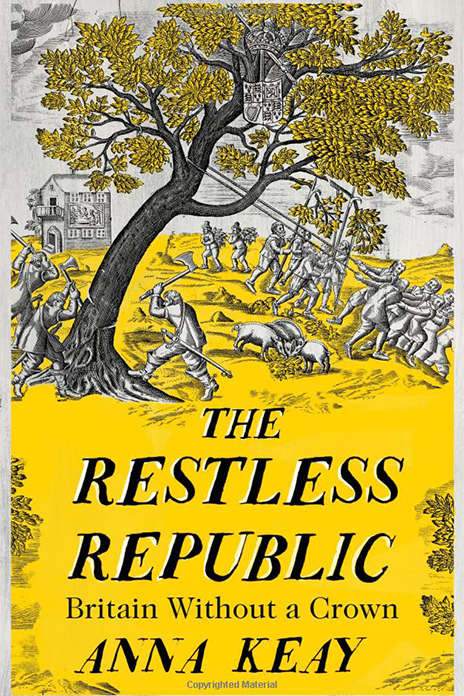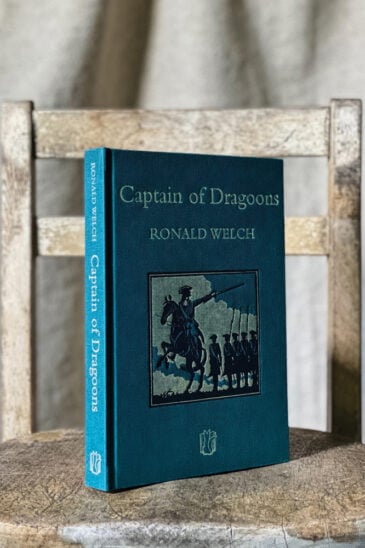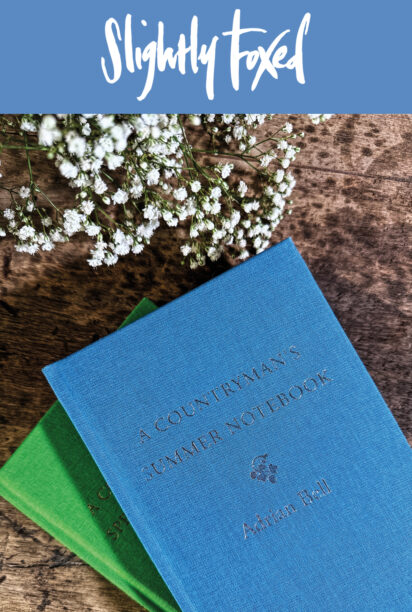Winner of the Pol Roger Duff Cooper Prize 2022
The Sunday Times History Book of the Year 2022
Shortlisted for the Baillie Gifford Prize 2022
On a raw January afternoon, the Stuart king, Charles I, was executed for treason. Within weeks the English monarchy had been abolished and the ‘useless and dangerous’ House of Lords discarded. The people, it was announced, were now the sovereign force in the land. What this meant, and where it would lead, no one knew.
The Restless Republic is the story of the extraordinary decade that followed. It takes as its guides the people who lived through those years. Among them is Anna Trapnel, the daughter of a Deptford shipwright whose visions transfixed the nation. John Bradshaw, the Cheshire lawyer who found himself trying the King. Marchamont Nedham, the irrepressible newspaper man and puppet master of propaganda. Gerrard Winstanley, who strove for a Utopia of common ownership where no one went hungry. William Petty, the precocious scientist whose mapping of Ireland prefaced the dispossession of tens of thousands. And the indomitable Countess of Derby who defended to the last the final Royalist stronghold on the Isle of Man.
The Restless Republic ranges from London to Leith, Cornwall to Connacht, from the corridors of power to the common fields and hillsides. Gathering her cast of trembling visionaries and banished royalists, dextrous mandarins and bewildered bystanders, Anna Keay brings to vivid life the most extraordinary and experimental decade in Britain’s history. It is the story of how these tempestuous years set the British Isles on a new course, and of what happened when a conservative people tried revolution.
‘In this ceaselessly fascinating account of one of the most epochal events in the country’s history, the deserved winner of the Pol Roger Duff Cooper prize, Anna Keay skilfully delves beneath the well-worn cliches about the Commonwealth and brings a time of quiet, uncertain and ultimately fruitless revolution to vivid life. It is hard to imagine a better examination of the Protectorate.’ Alexander Larman, Observer
‘[A] vivid panorama . . . Keay conjures up with nuance and panache the single most fascinating decade in the history of Britain and Ireland, revealing it to be at once weirdly ancient and strangely modern.’ Paul Lay, The Times
‘Keay offers us a world turned upside down; but also a world made real. That’s a remarkable achievement.’ Adrian Tinniswood, Sunday Telegraph







